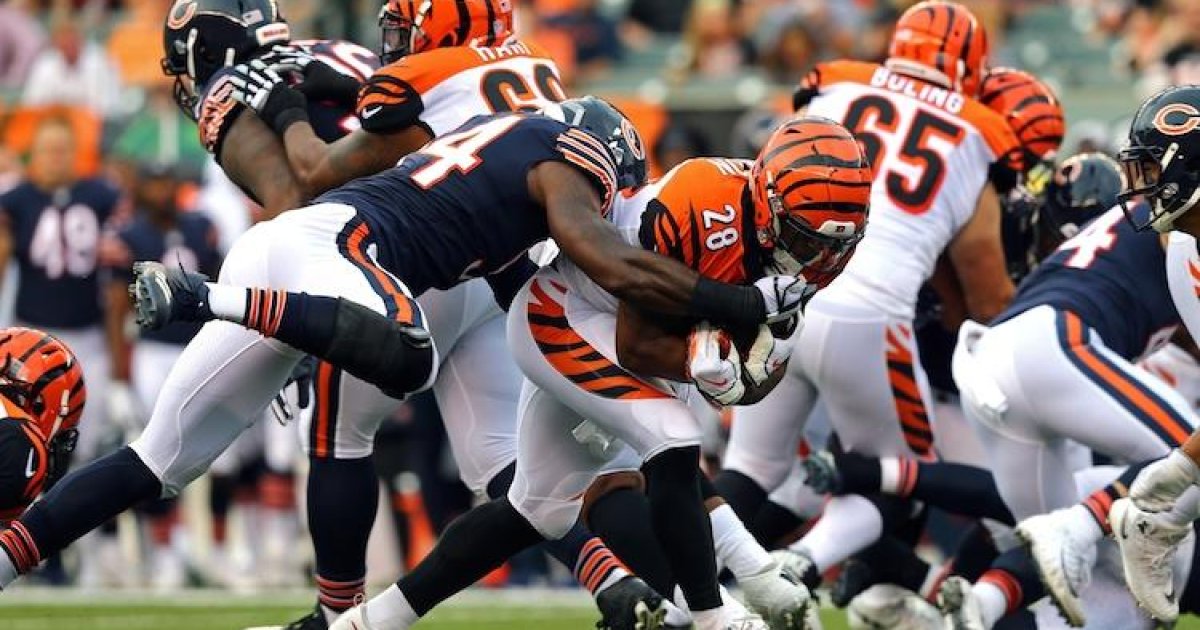How To Treat And Manage Pendred Syndrome
Pendred syndrome is a type of rare genetic disorder characterized by hearing loss and the development of goiters. Individuals who have Pendred syndrome are typically born with it, though it is possible for it to not display symptoms until later in life. In most cases of Pendred syndrome, patients deal with hypothyroidism, a type of decreased thyroid gland function that causes weight gain and fatigue. A cure for Pendred syndrome does not exist, but several treatments can help diminish the severity of the condition. If you or a loved one has Pendred syndrome, talk to the doctor about these helpful treatments.
Avoid Contact Sports

The inner ear in patients with Pendred syndrome has widened vestibular aqueducts that make them very sensitive to trauma. Any jarring to the head or blows to the ears can be enough to worsen hearing loss. Because it is so dangerous for an individual with Pendred syndrome to end up in any situation with head trauma, all types of contact sports should be avoided. This includes both sports where participants tackle each other and sports where there is the risk of getting hit in the head with a ball. At younger ages, gym games like dodgeball, tee ball, or flag football can be problematic. As children get older, they also need to avoid contact sports like football, cricket, soccer, rugby, baseball, and lacrosse. Avoiding these types of dangerous sports can greatly reduce an individual's chance of suffering from a drastic hearing loss at a very young age.
Continue reading for more on managing Pendred syndrome.
Wear Head Protection When Active

Pendred syndrome is more likely to cause hearing loss in patients with head trauma. Though all individuals will have some hearing loss, Pendred syndrome patients who get head injuries tend to have far more severe hearing problems. Unfortunately, it is impossible for most individuals to avoid anything that could cause a head injury. Even if an individual stays away from rough sports, they could end up slipping in the snow while jogging, falling off a bicycle, or getting hit in the head with a tennis ball. You can take steps to reduce the risk of head trauma by making sure you wear head protection when active. A basic helmet is helpful, but something that goes down a little farther over the ears is ideal. By wearing head protection during any activity that could damage the head, you may be able to preserve some hearing capabilities.
Get to know more treatments and management tips for Pendred syndrome.
